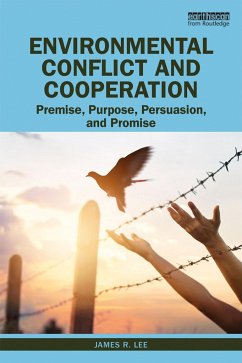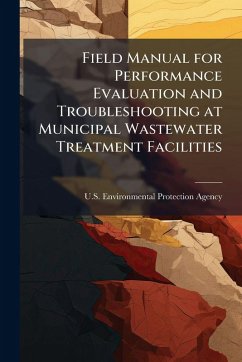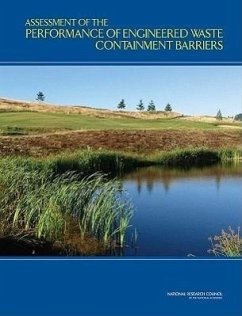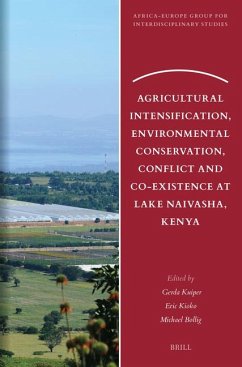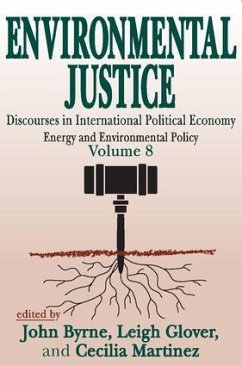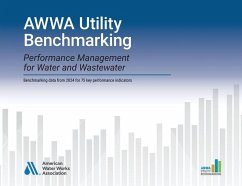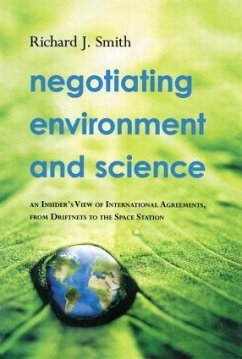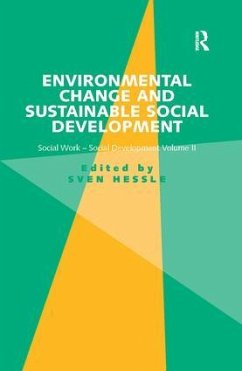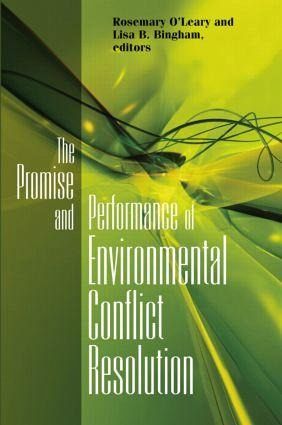
Promise and Performance Of Environmental Conflict Resolution

PAYBACK Punkte
33 °P sammeln!
Environmental conflict resolution (ECR) is a process of negotiation that allows stakeholders in a dispute to reach a mutually satisfactory agreement on their own terms. The tools of ECR, such as facilitation, mediation, and conflict assessment, suggest that it fits well with other ideas for reforming environmental policy. First used in 1974, ECR has been an official part of policymaking since the mid 1990s. The Promise and Performance of Environmental Conflict Resolution is the first book to systematically evaluate the results of these efforts. The Promise and Performance of Environmental Conf...
Environmental conflict resolution (ECR) is a process of negotiation that allows stakeholders in a dispute to reach a mutually satisfactory agreement on their own terms. The tools of ECR, such as facilitation, mediation, and conflict assessment, suggest that it fits well with other ideas for reforming environmental policy. First used in 1974, ECR has been an official part of policymaking since the mid 1990s. The Promise and Performance of Environmental Conflict Resolution is the first book to systematically evaluate the results of these efforts. The Promise and Performance of Environmental Conflict Resolution presents empirical research along with insights from some of ECR's most experienced practitioners. Beginning with a primer about concepts and methods, the book describes the kinds of disputes where ECR has been applied, making it clear that 'despite the faith of proponents in the power and usefulness of ECR, it is not applicable to all environmental conflicts.' The contributions that follow critically investigate the record and potential of ECR, drawing on perspectives from political science, public administration, regional planning, philosophy, psychology, anthropology, and law. ECR is being extended to almost every area of environmental policy. Rosemary O'Leary and Lisa Bingham argue that truly effective use of ECR requires something more than advocacy. The Promise and Performance of Environmental Conflict Resolution provides scholars, policymakers, students, and practitioners with critical assessments, so that ECR can be used to its best advantage.





